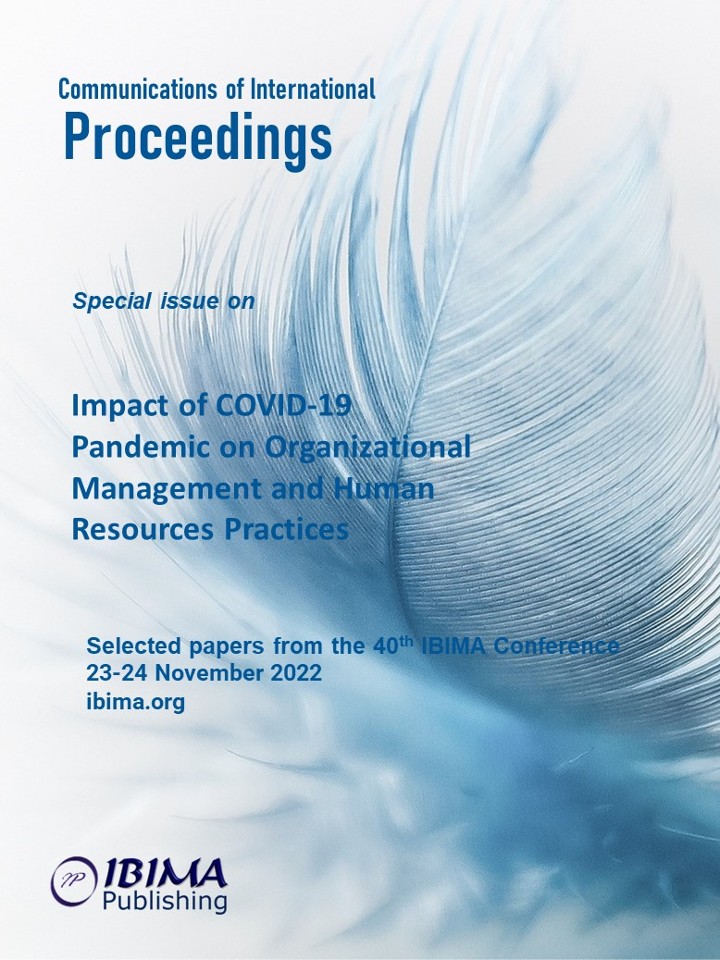
Agata WARMINSKA
Rzeszow University of Technology, Rzeszow, Poland

The COVID-19 crisis caused major disruptions to the operations of SMEs. Companies have adopted a variety of approaches to the situation, many of which have had to take emergency measures to ensure business continuity. This paper focuses on presenting the types of action strategies that can be implemented during the COVID-19 crisis by SMEs. The purpose of the article was to try to answer the question: whether there is a relationship between the category of the company and the type of strategic responses chosen. A survey method was used in the research process. In order to obtain data from the respondents, a tool in the form of an electronic survey questionnaire, placed on the website, was used. The primary research covered a group of people selected in the purposeful selection procedure. The respondents in the study were 319 SMEs from south-eastern Poland, based both in urban (63%) and rural areas (37%). Enterprises classified in one of the following categories were measured and analysed: sole proprietorships (23%), microenterprises (35%), small enterprises (23%) and medium-sized enterprises (19%). Two non-parametric tests were used for statistical calculations: the Kruskal-Wallis ANOVA test when examining the relationship and differences between quantitative and qualitative characteristics, and Pearson’s chi square independence test when examining the relationship and differences between two qualitative characteristics. The tests were conducted at a significance level of α=0.05. The conducted research, the results of which are included in this article, indicate that the most frequently chosen strategy among micro and small enterprises and the self-employed is the reactive strategy, in which companies focus on cost optimisation and employment restructuring. The surveyed companies did not dispose of their assets. Medium enterprises, among other things, due to the resources they possess, decide to choose a proactive strategy consisting in introducing innovations and taking advantage of new opportunities and development directions. Analysing respondents’ answers it should be noted that only 3% of the researched SME foresee the necessity to terminate their activity in a year perspective.